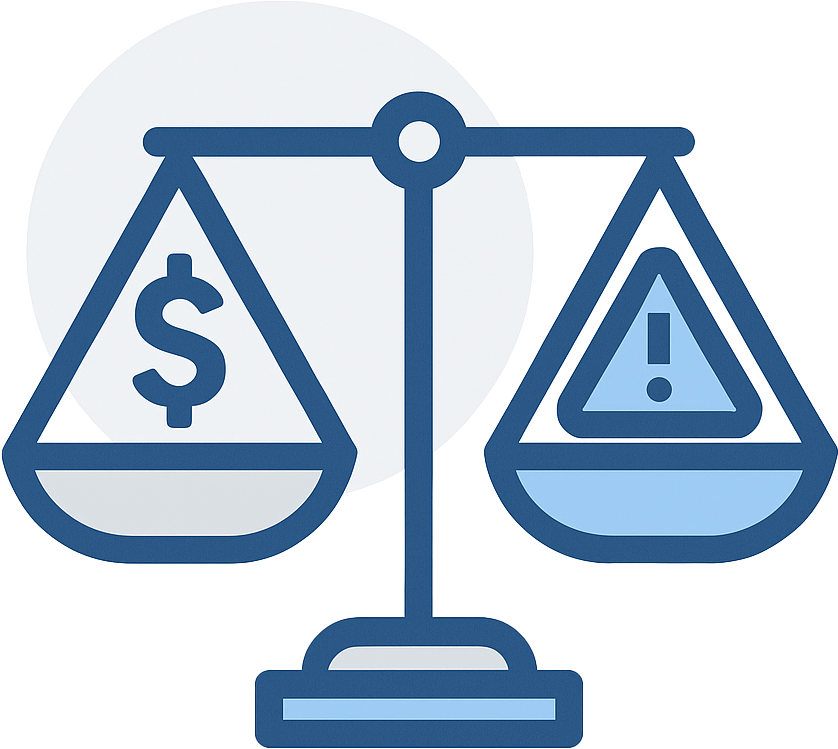Innovation Meets Regulation: Understanding NJ's GP-020A Air Permit
In the ever-evolving landscape of environmental regulations, staying updated is crucial for businesses to remain compliant and environmentally responsible. New Jersey, with its rich history of industrial innovation, has always been at the forefront of balancing economic growth with environmental sustainability.
As of October 16th, 2023, the New Jersey Department of Environmental Protection (NJDEP) has issued a brand new General Permit, the GP-020A, which has been created specifically for Research and Development (R&D) operations meeting certain criteria. This permit addresses the unique challenges these facilities face, ensuring they operate within environmentally safe parameters.
Before we fully jump in, here's a quick heads-up that this is a deep dive into the GP-020A. If you just want the quick version, check out our article on The Basics of the NJ GP-020A Air Permit for R&D Facilities in 5 Minutes!
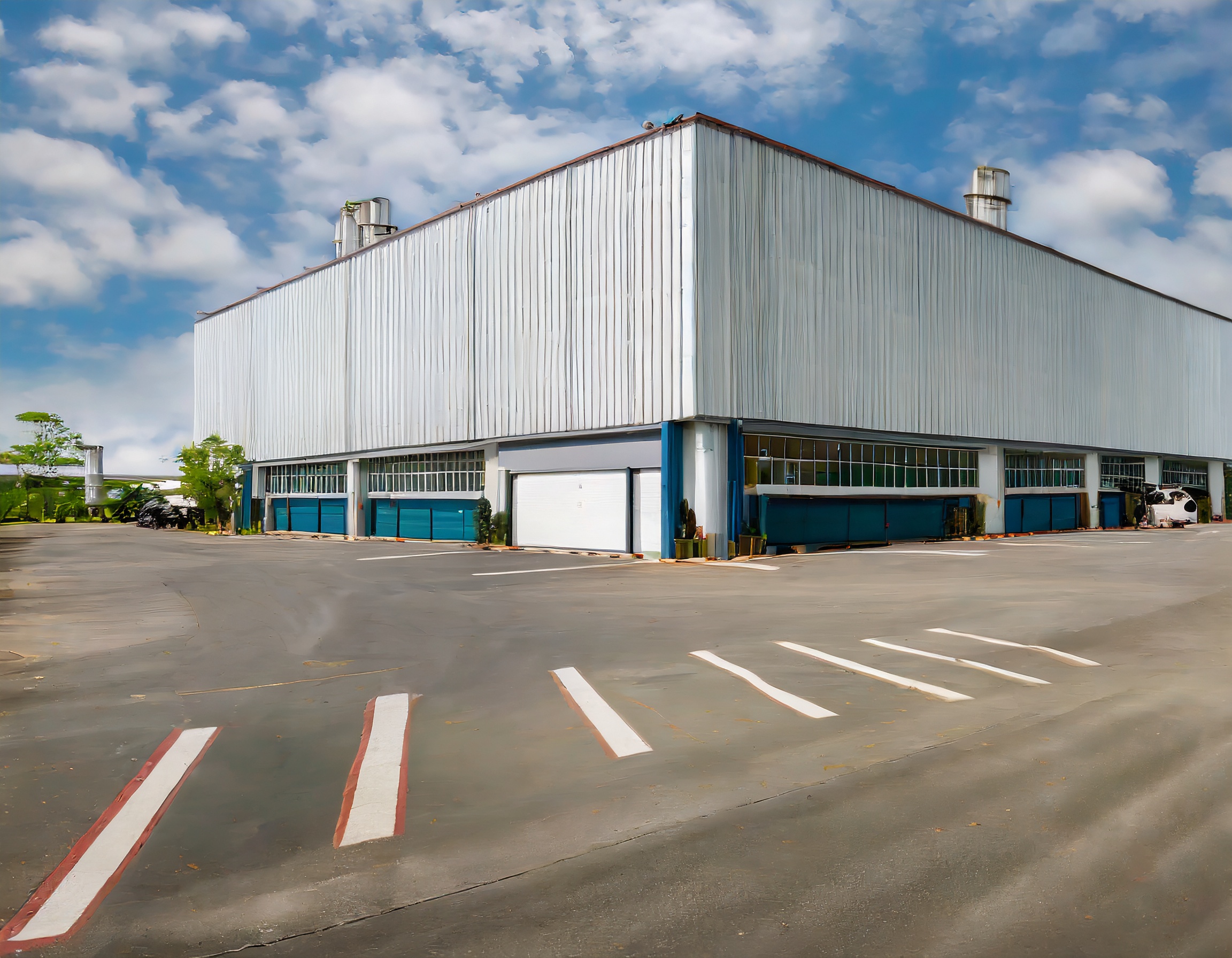
Background on the GP-020A Permit
The GP-020A permit was introduced in response to the growing need for a regulatory framework tailored to R&D facilities. These facilities, while pivotal for innovation and technological advancements, have distinct operational characteristics that can impact air quality.
Recognizing the importance of R&D in the state's economic fabric and its potential environmental implications, the NJDEP crafted the GP-020A to ensure that these facilities can operate efficiently without compromising New Jersey's air quality.
Applicability of the GP-020A Permit
First off, it’s crucial to determine whether or not your operation is considered an R&D facility in accordance with the GP-020A. Let’s take a closer look at that term, and how it is defined in the permit:
- Research and Development Facility: This refers to any facility primarily focused on conducting research and development into new processes and products. This includes academic and technological research and development. Moreover, it shouldn't be engaged in the manufacture of products for commercial sale, except in a very minimal manner.
Okay, now that we know what an R&D facility is in the context of this permit, let’s get into specifics! The GP-020A permit is applicable to R&D operations that involve:
- Surface Coating Operations: This includes equipment used in spray or dip painting, roller coating, electrostatic depositing, and other related activities. The permit is required if the quantity of coating or cleaning material used in any one hour is equal to or greater than one-half gallon of liquid.
- >50 Pounds Per Hour of Raw Material Usage: The permit is also applicable to equipment where the combined dry weight of all raw materials used exceeds 50 pounds in any one hour. This is a pretty ambiguous definition, but to us, it suggests that all other things which would ordinarily be considered “materials handling equipment”, such as conveyors, for instance, may also be approvable under this general permit.
Ruled out already? If you’re already ready to stop reading because you think this permit doesn’t apply to your operation, be warned that you may still need a permit! In fact, it’s possible that your operation may be required to obtain another general permit or even a full PCP (pre-construction permit) to legally operate! To be sure, it’s best to reach out to an expert.
Think you fit the conditions above? Keep reading!
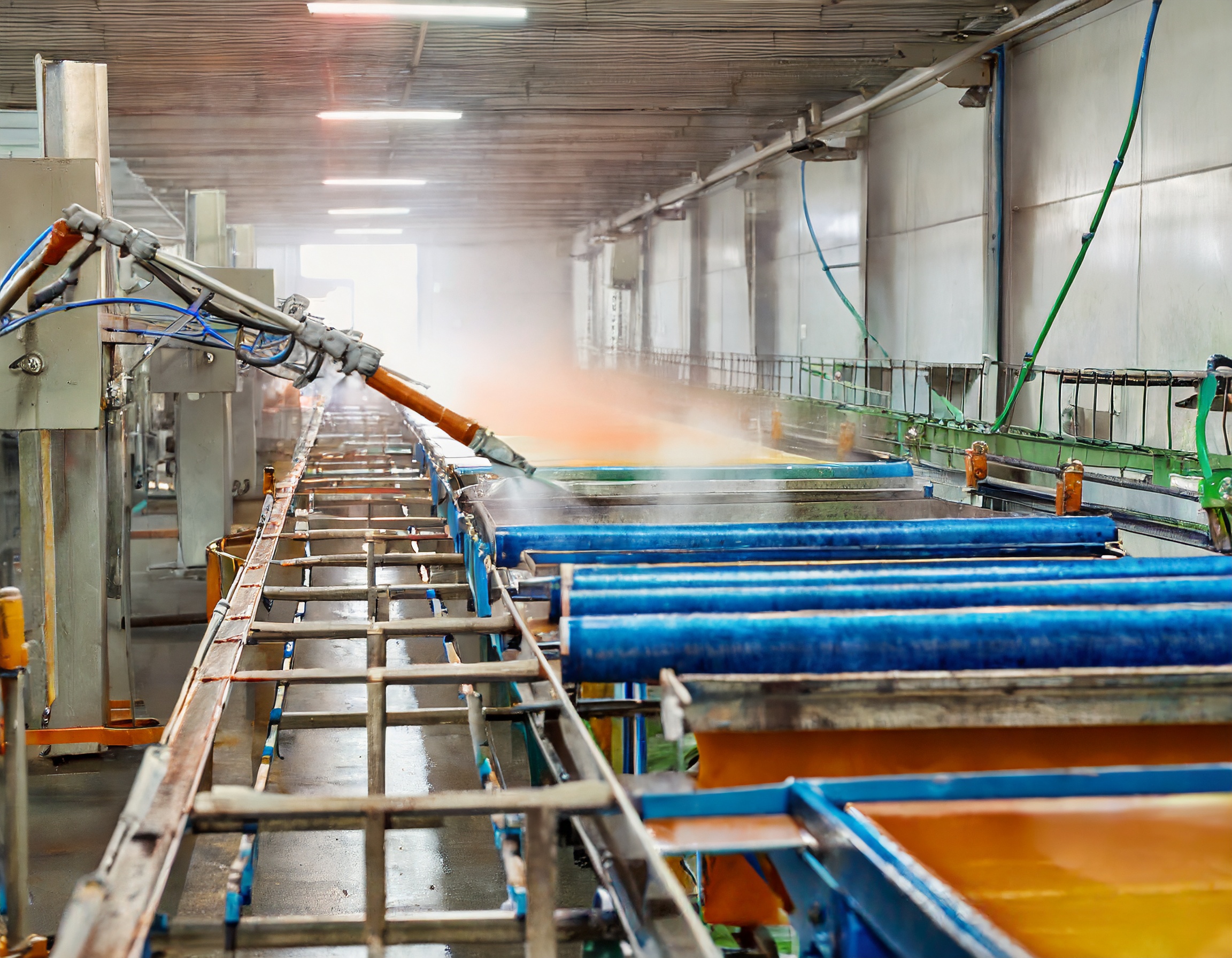
Exclusions from the GP-020A Permit
Still with us? If you think you meet the conditions listed above, you might not be out of the woods yet. Here are the details on the certain operations and equipment that are excluded, and therefore can NOT register under this General Permit:
- “Toll Operations”: "Toll operations" refers to facilities that produce formulas or products for many clients. The same formula or product may be produced many times or new materials may be manufactured on a regular basis. Basically, you’re not doing “research and development” as much as you are just manufacturing a product.
- Certain Surface Coating Operations: Operations using VOC (a specific group of pollutants) coating formulations that exceed the maximum allowable VOC content limits, as well as some other operations not complying with similar requirements.
- Combustion Sources: Engines, generators, etc. can’t be covered by this permit and will instead need to be covered under a PCP permit. However, you can have both! It’s possible to permit a piece of equipment under this GP, and its engine separately under a PCP. You might think this sounds like killing one bird with two stones, but there are some cases where this would be our recommended path forward for various reasons.
- Emissions of Specific Compounds: Operations or equipment emitting any quantifiable emissions of a few specific compounds listed in the permit. How do you know? Break out the calculator!
- Exceeding Emission Limits: Similarly, operations or equipment that surpass the emission limits listed in this permit for a few select “criteria pollutants” are excluded from the GP-020A. That’s right, more calculations!
- Limited Product Days: Operations exceeding more than 90 “product days” per calendar year. Basically, if you manufacture a certain number of products over a certain number of days, you may be unable to qualify for the GP-020A.
- Fumigation Operations: These refer to processes where pesticides or disinfectants are released in the form of vapors or smoke to disinfect or exterminate pests in a particular area.
- Emissions of Specific Harmful Compounds: Any equipment emitting some specific, especially nasty pollutants (NJHAP, HAP, and/or TXS) at a rate equal to or greater than the reporting threshold specified in NJ regulations may be unable to qualify for this permit.
Kinda complicated, huh? As you can see, there’s a lot that goes into figuring out if you even qualify for the GP-020A, and that doesn’t even include completing and submitting the application! If you’re still unsure if you qualify for this permit, your best bet is to reach out to a professional who can do the heavy lifting for you. Remember, even if you don’t qualify for this permit, it’s still possible that you may need another air permit in order to operate!
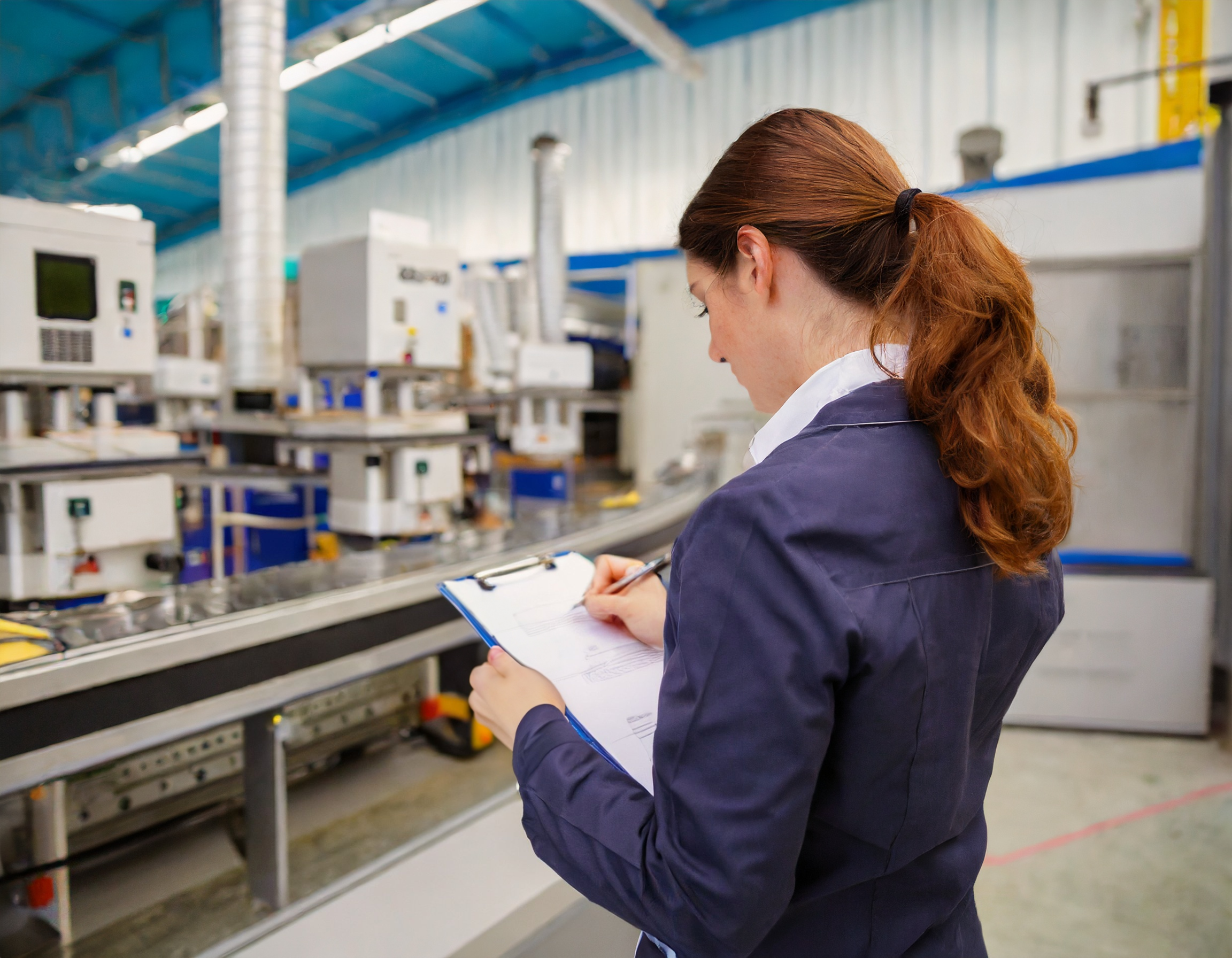
How Do I Apply for the GP-020A Permit?
If you think you’re in based on everything we’ve covered so far, you may feel like you’re ready to put the pedal to the metal and get cracking on your application. Heads-up, applying for the GP-020A can be a little complex. If you'd rather leave it to the professionals, reach out to us - we'd be happy to lend a hand!
If you'd like a little more information on exactly who is qualified to apply for this permit, check out our Guide to Obtaining the GP-020A for R&D Operations in New Jersey.
Applying for the GP-020A permit requires a more traditional approach compared to many other permits. At the time of this writing, the New Jersey Department of Environmental Protection (NJDEP) has not yet transitioned this specific permit application to an online platform. Instead, prospective applicants must navigate through a physical form.
Here's an overview of what the application process entails:
- Application Format: The GP-020A permit application is available as a PDF. This set of forms allows applicants to input all the necessary information directly into the required fields of the document.
- Basic Facility Details: The application will request some basic foundational information about your facility. This includes the facility's address, contact details, operational specifics, and other baseline data.
- Technical Specifications: A significant portion of the application delves into the technical aspects of your facility. You'll be required to define emission points (specific locations where pollutants are released), detail any controls (measures or equipment) in place to manage or mitigate these emissions, and provide more specific information about the technical specifications and operating parameters of your equipment.
- Pollutant Quantification: One of the more intricate sections mandates applicants to quantify the pollutants their facility emits. This isn't a mere estimation; the NJDEP expects detailed and accurate numbers with calculations to back them up. This section will require a comprehensive understanding of all emission sources and might necessitate collaboration with technical experts or environmental consultants.
- Submittal Process: Once the PDF application is meticulously filled out, it must be mailed to the NJDEP (at least for now!). Along with the application, a payment (as specified by the NJDEP) should be included. It's crucial to ensure that all sections of the application are complete and accurate to avoid any potential delays or complications in the review process.
Given the technical nature of the GP-020A permit application, it's often beneficial for facilities to seek expert guidance. This ensures not only that the application is filled out correctly but also that the facility truly understands its environmental responsibilities once the permit is issued.
Costs of GP-020A Compliance vs. Non-Compliance
When considering the GP-020A permit for R&D facilities in New Jersey, it's essential to weigh the costs of compliance against the potential repercussions of non-compliance.
If you want the full story, we have an article dedicated to the Costs Associated with the GP-020A Air Permit that you might find useful.
For now, here's a quick breakdown of the financial aspects to consider:
Costs of Compliance with GP-020A
- Application Fee: The initial application fee for the GP-020A permit is $885. This is a one-time fee required when submitting your application to the NJDEP.
- Modification Costs: If there are any changes to your facility or operations that necessitate modifications to your permit, there's an associated fee of $885 for each modification.
- Consultation Fees: Hiring a consultant to guide you through the application process can vary in cost. The price often depends on the complexity of your facility, the consultant's expertise, and the depth of assistance required. However, investing in expert guidance can save you from potential pitfalls and ensure a smoother application process. As a ballpark estimate, expect a consultant to cost anywhere between $2,500 and $10,000+. To be sure, contact an air permitting expert to get a better idea of consultation fees for your operation.
- Ongoing Costs: After obtaining the permit, there are annual responsibilities, like submitting emission inventory reports. While some facilities might handle this in-house, many opt to hire consultants for accuracy and peace of mind. Again, the cost of such services can vary based on the consultant's rates and the intricacy of your facility's operations.
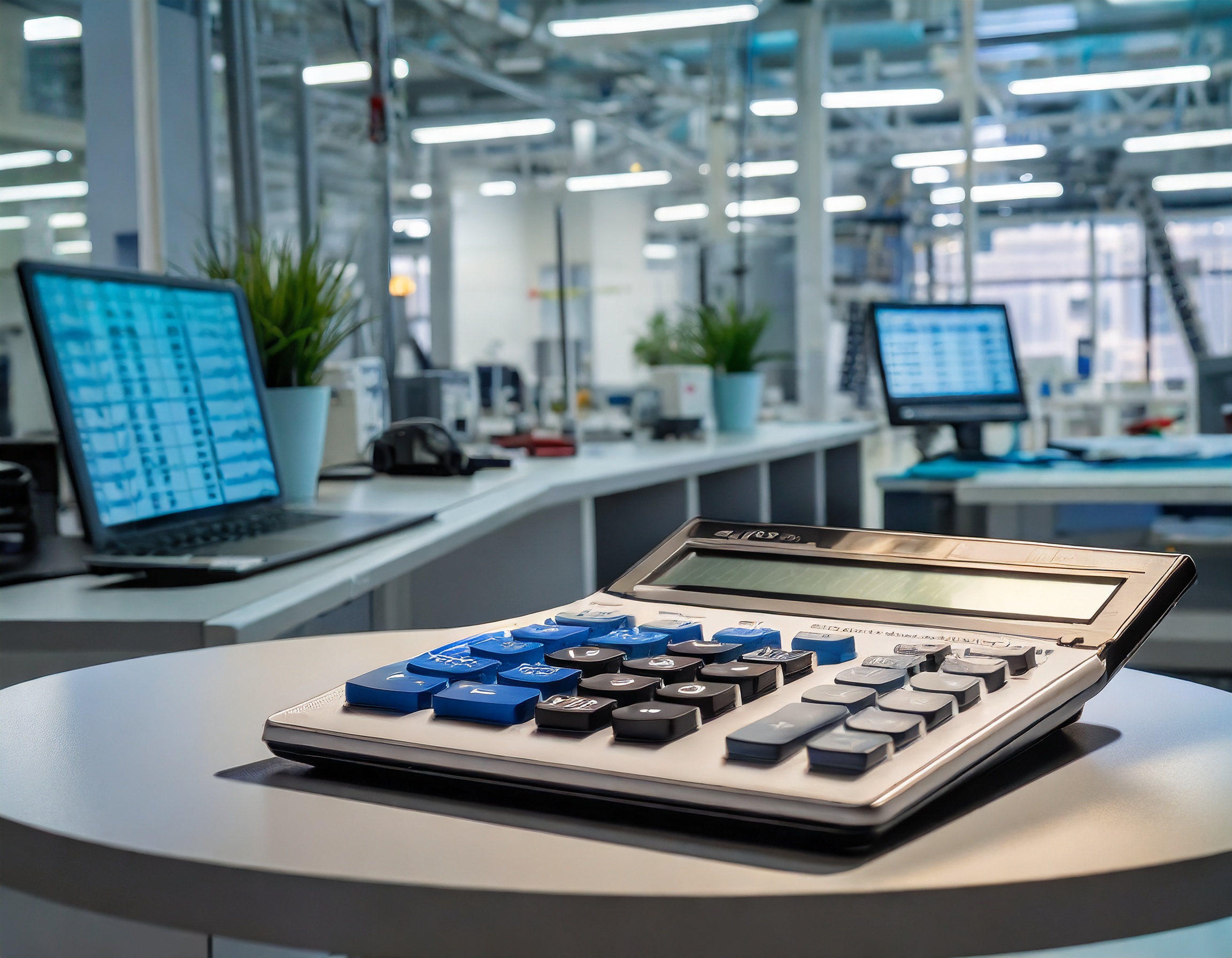
Costs of Non-Compliance
- Fines: The NJDEP takes environmental regulations seriously. Non-compliance can result in hefty fines, which can accumulate daily until the issue is resolved.
- Operational Delays: Non-compliance might lead to a halt in your facility's operations until you address the regulatory concerns. This can result in significant revenue loss and operational disruptions.
- Reputation Damage: In today's environmentally-conscious world, non-compliance can tarnish your facility's reputation. Negative publicity can deter potential clients or partners and might even lead to community protests or backlash.
- Potential Legal Repercussions: Beyond fines, there's a possibility of legal action against facilities that consistently violate environmental regulations. This can lead to even more financial strain and potential operational restrictions.
In conclusion, while there are costs associated with obtaining and maintaining the GP-020A permit, they are predictable and manageable. On the other hand, the costs of non-compliance, both tangible and intangible, can be severe and far-reaching. As the adage goes, "An ounce of prevention is worth a pound of cure." In the realm of environmental compliance, the cost of adhering to regulations is invariably cheaper and more prudent than facing the consequences of non-compliance.
What Will My Responsibilities Be with the GP-020A Permit?
If you’ve checked all the boxes above (or you’re just reading ahead to find out what to expect) you’re probably ready to learn about your responsibilities under the GP-020A. Here's what you need to know:
- Regular Monitoring and Reporting: Holders of the GP-020A permit are required to monitor their operations regularly to ensure compliance with the permit's conditions. This includes keeping track of raw material usage, emissions, and any changes to the facility's operations that might affect its permit status.
- Maintain Records: All relevant records, such as raw material purchase receipts, emission calculations, and any other pertinent documentation, must be maintained for a specified period, typically five years. These records should be readily available for inspection by NJDEP officials.
- Annual Certifications: Facilities might be required to submit annual certifications, confirming their compliance with the permit's conditions. This includes certifying that the facility's emissions have remained below the specified thresholds and that all other permit conditions have been met. Remember those complicated calculations from earlier? That’s right, time to break the calculators back out!
- Stay Updated with Renewals and Modifications: The GP-020A permit, like all environmental permits, has a specified validity period. It's the responsibility of the permit holder to apply for renewals in a timely manner. Additionally, if there are any significant modifications to the facility or its operations, the permit might need to be modified or a new permit might be required.
Final Thoughts
The GP-020A air permit is a significant step towards ensuring that New Jersey's R&D facilities operate in harmony with the state's environmental goals. As the world of R&D continues to evolve, so too will the regulatory landscape. By understanding and embracing the requirements of the GP-020A permit, R&D facilities can ensure they remain at the forefront of both innovation and environmental stewardship.
If you're an R&D facility in New Jersey and have questions about the GP-020A permit or need assistance navigating its intricacies, remember that there are experts available to guide you. Let's work together towards a cleaner, greener New Jersey.
Want More Information?
Dive into our curated selection of articles for an in-depth understanding of the GP-020A permit:
That's a lot to take in, right? If you're overwhelmed, you're not alone. If you're having any type of air permitting issue at your operation, we'd love to talk and learn how we can help. Even if we can't help, chances are pretty good we know who can help you, and we'd love to get you in touch with the right people to fit your needs.
To reach out, feel free to shoot us an email at info@rmagreen.com, click here to contact us, or give us a call anytime at 888-RMA-0230 to learn how we can help your operation deal with environmental regulations.







